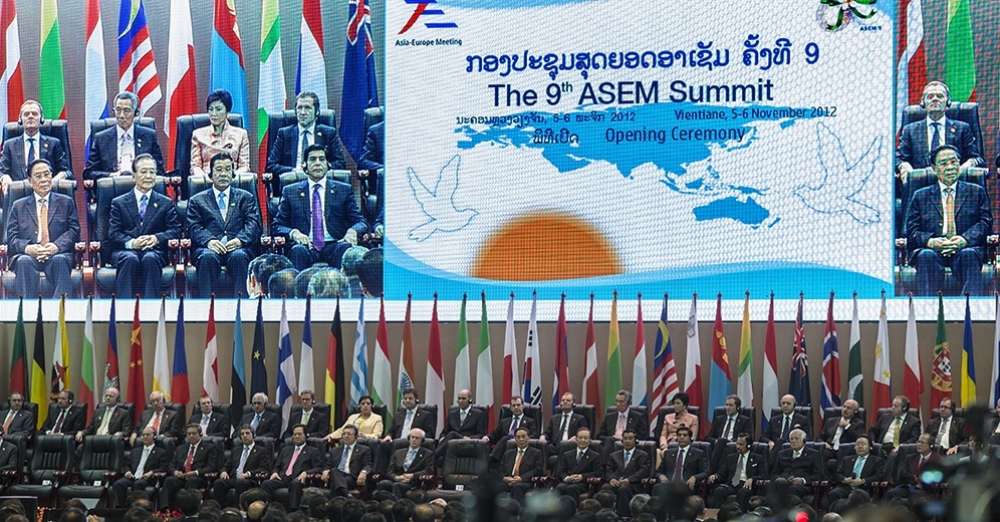Perceptions of EU Preventive Diplomacy in Asia

With the advent of the Asian century, the region’s importance has increased tremendously not only for trade and investment, but also for global security. Asia has a high potential for conflict. Simmering territorial disputes in East Asia, the erratic behavior of regimes such as North Korea, unresolved border tensions in South Asia, states in varying stages of democratic transition, China’s military rise and increasingly belligerent posture in the South China Sea, Japan’s move away from its traditional pacifist stance – all these factors create numerous possibilities for emergent crisis. Given these tensions, Asia will be a key testing ground for the EU’s efforts at preventive diplomacy. However, for the EU to play a role in Asian security, it is important to analyze how it is perceived by important regional powers. Not only for the EU to have a seat at the table, but also for its preventive diplomacy efforts to actually be effective, it needs to be seen as an important actor by strategic partner countries. These partner countries can provide the EU with important information on understanding the root causes of conflict, assist with early warning, measure stages of conflict escalation, and help build political consensus – all important for preventive diplomacy efforts to succeed.
Perceptions matter – projecting the image of a capable actor opens access to decision making circles in crisis hotspots, and facilitates preventive diplomacy actions. This chapter therefore looks at how the EU is perceived as a security actor in its four strategic partner countries in Asia – China, India, Japan and South Korea. Broad takeaways of this perception analysis are as follows:
- All strategic partner countries in the Asia-Pacific see the EU primarily as a trade partner, and less so as a political one. EU leadership in global affairs is regarded as likely and desirable. Yet it is almost invisible in the areas of security and international development despite significant investments in these fields. There is little to almost no awareness of the EU’s integrated conflict management approach which would impact on perceptions of the EU’s preventive diplomacy efforts and, to some extent, their success.
- EU actorness is perceived especially in fields of non-traditional security, climate change and environmental policies and regulation, where the EU is viewed as a leading actor.
- The EU is perceived as a norm setter especially with regard to promotion of democratic institutions, regional integration and human rights. However respondents from these strategic partner countries underline that the EU has not been able to use this potential leverage in its ambition to play a larger role in the Asia-Pacific region.
…
The full research paper can be found in the May 2017 report of the European Union Institute for Security Studies, Prevention better than cure: the EU’s quiet diplomacy in Asia.







